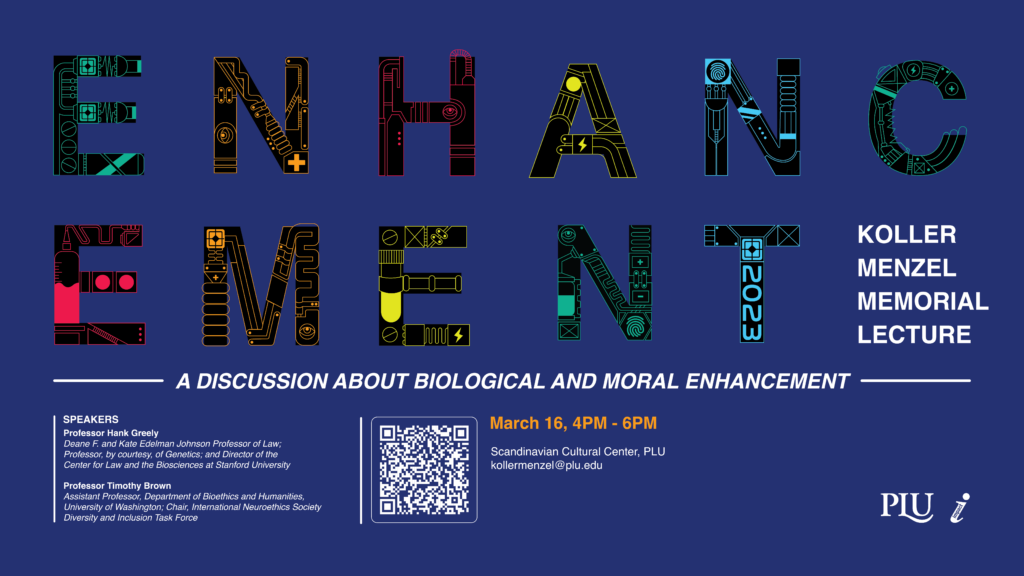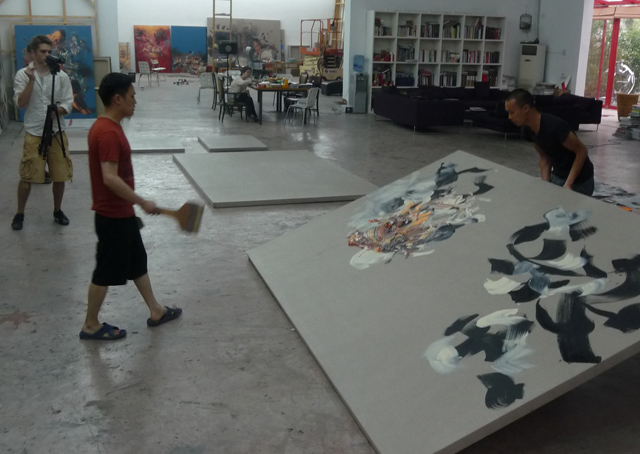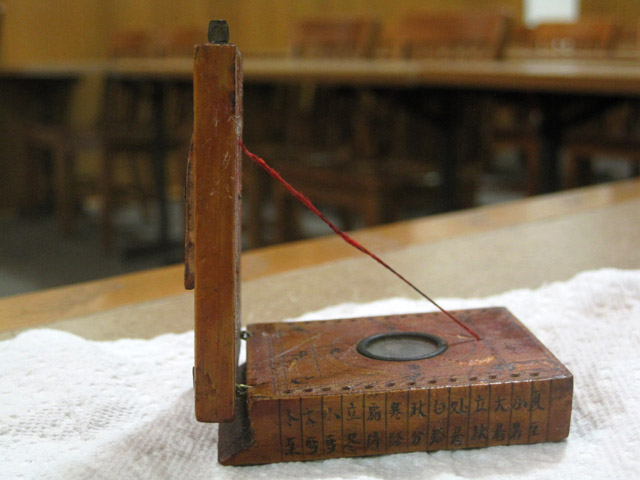Page 93 • (1,514 results in 0.053 seconds)
-
Law School. Dr. Lenore J. Weitzman She has been a professor at Stanford University, the University of California, George Mason University, and Harvard University — where she received Harvard’s “Phi Beta Kappa Distinguished Teaching Award.” Weitzman’s current work focuses on the Holocaust. She co-edited Women in the Holocaust, (Yale, 1999) with Dalia Ofer, a finalist for two Jewish Book Awards, and is now writing a book on the “Kashariyot”, the young women who were secret “couriers” for the Jewish
-

reproduction, neuroscience, and stem cell research. He received the Stanford Prize in Population Genetics and Society in 2017. His newest book, CRISPR People: The Science and Ethics of Editing Humans, was published in February 2021. Presented by the PLU College of Liberal Studies, the annual Koller Menzel lecture focuses on creative writing or ethics, the special interests of PLU student Heather Koller, who died of bone cancer in June 1994, shortly after graduation. The Lecture was endowed in 1994 by
-

, who has known Zhong since 2005. At first, Manfredi had a simple fascination with Zhong’s art, particularly his paintings. That developed into a budding friendship and, later, Zhong’s work became a focus of Manfredi’s academic writing. But here, Manfredi is doing something different — he is documenting Zhong, his work, and his community through a camera lens. His work has been on display in exhibits throughout the world, but the place where he creates it may soon be destroyed. Manfredi has taken on
-

artifact that was brought in and recorded notes in their notebooks. The class is looking into the history of the artifacts that were brought in and will be helping the owners figure out what exactly they have. One person brought in a weight that was used to hold down fishing nets. The hole in the middle was carved out using only rocks. Another person brought in something that looked like it may have been a compass. The writing on it looked Chinese and looked like it may have been used at sea. Other
-
their ability to respond to the crisis effectively. Several students wondered why the Chinese commissioner in charge of dealing with the opium crisis seemed to spend more time writing poetry than communicating with the emperor. In the end, a panel of student judges made up from visiting Chinese champs and PLU students handed the victory to the team that argued that China was responsible for the war. After the debate, which was initiated and sponsored by PLU’s China Studies Program, the students
-

, found real success—and unites at PLU on Oct. 4 as headliners for the Homecoming Fall Festival. You’ll also find: the story behind PLU’s (literally) huge new outdoor campaign, which is spreading the Lute word far and wide, high and low, on more than 100 giant billboards (and on a light-rail Link train) throughout the Puget Sound; exciting new developments at PLU’s Rainier Writing Workshop; details on the prestigious Norwegian art exhibition at the Scandinavian Cultural Center; and a preview of PLU’s
-
school year and attend PLU’s Student Leadership Institute (SLI) prior to Fall Semester of the upcoming school year. Submit proposals for budget and staffing to USMB and a proposal for staff organization. Administer all aspects of the media, including reporting, writing, layout design printing, advertising, photography, editorial decisions, circulation, production, videotaping, recording, and editing. Assume full responsibility for any material published or aired, and address any complaints filed
-
the Centro de Lenguas Modernas, part of the University of Granada. The curriculum at the Centro is specifically designed for students who are learning a second language, so the professors are very approachable and understanding. Upon arriving in Granada, we took a test to place us in either intermediate classes or advanced classes based on our Spanish speaking, listening, and writing skills. I never felt like the Spanish spoken in class was terribly difficult to understand or speak because
-
Collin Brown: A Lute Returns Home Robin and Collin (pictured in 2017) were PLU students and, eventually, became spouses. Now, Collin is back as a professor. In Fall 2017, PLU’s Department of Languages and Literatures welcomed visiting lecturer Collin Brown. Professor Brown is teaching first semester Norwegian as well as Writing… December 8, 2017
-
Why We Cite In essence, we cite sources because this lets us join and participate in an ongoing scholarly conversation with other scholars. When we cite, then, we let others know where our information came from, and how our ideas are connected to those of other researchers. When to Cite Citation, or attribution, is necessary whenever you want to incorporate the ideas or the works of others into your own writing. You can use someone else’s ideas in a number of ways, but the most common are
Do you have any feedback for us? If so, feel free to use our Feedback Form.


